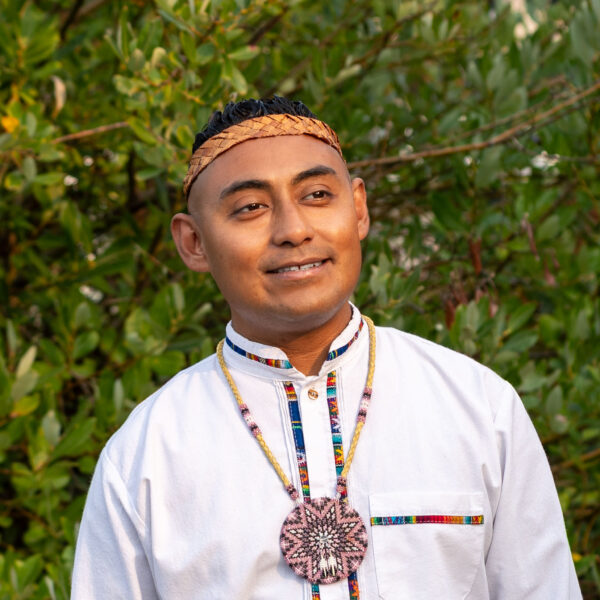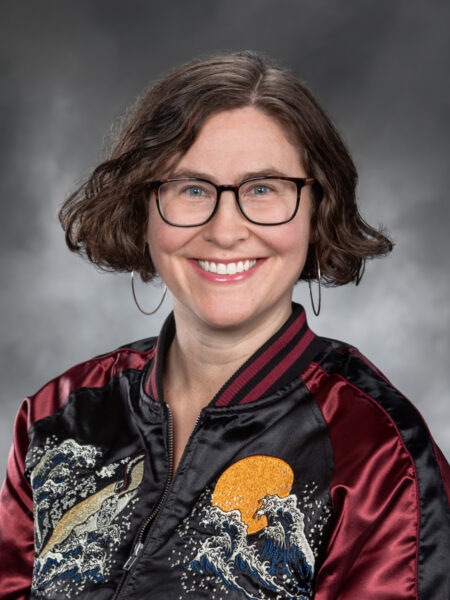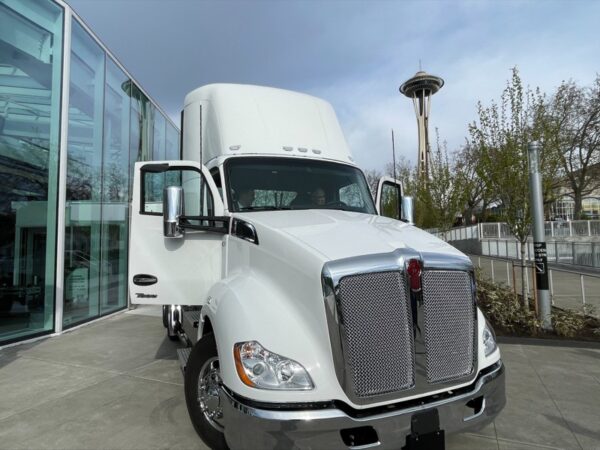by Jackie Le, Washington Conservation Action high school intern
Many bills had passed by the time the state legislature adjourned the last week of April, but one did not: a bill that would have given young people more of a voice in politics. The bill did not pass, despite bipartisan support. This makes no sense.
I am a high school student and a junior at Garfield High School and have just finished my internship at Washington Conservation Action. I have been involved in political advocacy, and fighting for environmental justice since junior high. In my experience, young people are worried about the problems that face us, and many want to help build a cleaner, better, and more equitable future.
House Bill 1692 would have created a student advisory group for each legislative district: 11 members, all under the age of 21 and enrolled in an educational institution like a high school or a community college to provide recommendations on issues that affect young people. Although the bill died early in the legislative session, it reflected the growing push for youth to have a seat at the table. The bill had bipartisan sponsorship and many passionate virtual and in-person testimonies in support from accomplished students who have served in many different leadership positions.
One of the only opposing testimonies was from a former chair of the current statewide Legislative Youth Advisory Council (LYAC) critiquing HB 1692 who said that the bill would “inadvertently dilute youth voice” by “putting too many chefs in the kitchen.” Instead, they argued for “further empowering” LYAC, the same council they formerly served in. In a subsequent hearing, Representative Peter Abbarno (R) used that student’s testimony as justification for voting “nay” with no recommendation.
The problem is, there aren’t many groups representing students and youth voices, and the only well-known one is LYAC.
When I first learned about HB 1692, I was most excited about the platform it would provide youth to advocate specifically for one of our age group’s top concerns: environmental and climate action.
When I helped lead youth teams for several local campaigns in the 2021 election cycle, many of our young members chose to volunteer with us because funding public transportation and combating climate change were key issues at the forefront of my candidates’ policy platforms. Many youth had also come to these campaigns from different youth-led climate organizing spaces such as the Sunrise Movement that fought for a Green New Deal. I helped lead different restoration events in Seattle’s parks and dedicated months to plant native plants and weed invasive ones.
When I was in middle school, millions of youth spearheaded the global climate strikes organized by groups like Fridays for Future starting in 2019, including students right here in Seattle. Posters lined my classroom walls while students went out and protested downtown. I felt incredibly inspired, especially at an age when I did not know what I was passionate about yet. As one looks back to history, youth in generations before us have long been at the forefront of justice movements like the civil rights movement and anti-war protests.
My experiences in organizing and the experiences of the youth who voiced their support of HB 1692 demonstrate that young people already have a strong interest in making change, whether that change is for the planet or for the political process.
Young people engaging in environmental justice work is not only beneficial for the environment but also for young people themselves. When youth are equipped with the skills necessary to transform the world we live in now, they can develop leadership skills and critical thinking skills and are empowered to advocate now and in the future as political and environmental leaders.
So what can young people do to get involved in environmental justice if serving on a legislative district youth advisory council isn’t yet an option? Even if you are under 18 and cannot vote, you can still have an impact:
- Volunteer for a campaign in the upcoming fall election: knock on doors or phone bank.
- Volunteer for organizations that do restoration work in parks and forests.
- Follow the social media accounts of organizations that you care about, and take the actions they suggest.
- During legislative session, you can sign in to comment on bills that you care about, just like the youth supporting HB 1692 did.
The failed passing of HB 1692 is a missed opportunity to empower young people’s voices and perspectives in shaping policies that affect their lives and communities, particularly on issues like environmental justice. We need more options for youth to get involved in the political process, things like the youth councils that HB1692 would have created. Only then can we truly harness the power of youth in environmental justice and beyond.
#
During Washington Conservation Action’s Environmental Lobby Days, the youth-led nonprofit, OurClimate, organized youth to meet with their legislators to urge them to support certain policies. You can learn more about them here.


